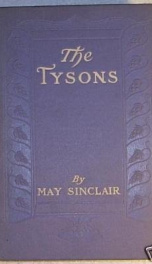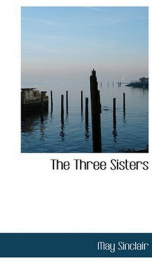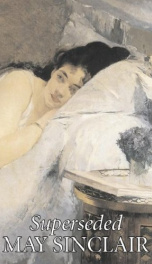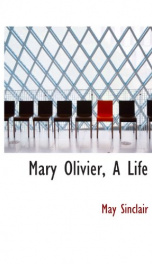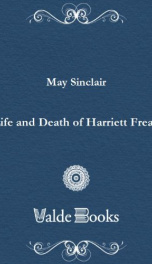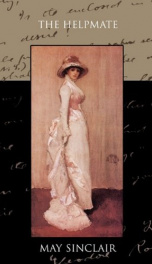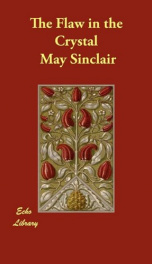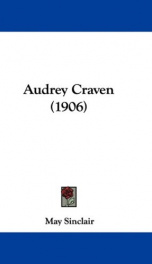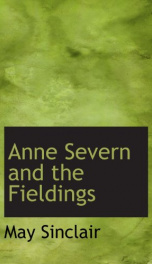The Combined Maze

THE COMBINED MAZE YOU may say that there was something wrong somewhere, some mistake, from the very beginning, in his parentage, in the time and place and manner of his birth. It was in the early eighties, over a shabby chemists shop in Wandsworth High Street, and it came of the union of Fulleymore Ransome, a little middle-aged chemist, weedy, parched, furtively inebriate, and his wife Emma, the daughter of John Randall, a draper. They called him John Randall Fulleymore Ransome, and Ranny for short. Ranny shouldhavebeen born in landsof adventure,under the green light of a virgin forest, or on some illimitable prairie he should have sailed with the Vikings or fought with Cromwells Ironsides or, better still, he should have run, half naked, splendidly pagan, bearing the torch of Marathon. And yet he bore his torch. From the very first his mother said that Ranny was that venturesome. He showed it in his ill-considered and ungovernable determination to be born, and it was hard to say which of them, Ranny or his mother, more nearly died of it. She must have been aware that there was a hitch somewhere for, referring again and again, as she did, to Rannys venturesomeness, she would say, It beats me where he gets it from. He may have got some of it from her, for she, poor thing, had sunk, adventurously, in one disastrous marriage, her whole stock of youth and gaiety and charm. It was Rannys youth and charm and gaiety that made him so surprising and so unaccountable. Circumstances were not encouraging to Rannys youth nor to his private and particular ambition, the cultivation of a superb physique. For not only was he a little chemists son, he was a great furniture dealers inexpensive and utterly insignificant clerk, one of a dozen confined in a long mahogany pen where they sat at long mahogany desks upon high mahogany stools, making invoices of chairs and tables and wardrobes and washstands and all manner of furniture. You would never have known, to see him sitting there, that John Randall Fulleymore Ransome was a leader in Section I of the London Polytechnic Gymnasium. So far, in his way, he testified, he bore his torch. Con- fined as he was in a mahogany pen, born and brought up in the odour of drugs, and surrounded by every ignominious sign of disease and infirmity, his dream was yet of cleanness, of health and the splendour of physical perfection. The thing that young Ransome most loathed and abhorred was Flabbiness, and next to Flabbiness, Weedi- ness. The years of his adolescence were one long struggle and battle against these two. He had them ever before him, and associated them, absurdly but inveterately, with a pharmaceutical chemists occupation of Weediness his father being the prime example while for Flabbiness, young Mercier, his fathers assistant well Mercier, as he said, took the biscuit. It was horrible for ybung Ransome to inhabit the same house with young Mercier, because of his flabbiness. In all cities there are many thousand Ransomes, more or less confined in mahogany cages, but John Randall Fulleymore stands for all of them. He was one of those who, in a cold twilight on a Saturday afternoon, stagger from the trampled field, hot-eyed under their wild hair, whose garments are stained from the torn grass and uptrodden earth, with here and there a rent and the white gleam of a shoulder or a thigh whose vivid, virile odour has a tang of earth in it. He is the image and the type of these forlorn, foredoomed young athletes, these ex- ponents of a citys desperate adolescence, these inarticulate enthusiasts of the earth... --This text refers to an alternate Paperback edition.
Info about the book
Author:
Series:
Unknown
ISBN:
1116769360
Rating:
5/5 (5)Your rating:
0/5
Languge:
English
Users who have this book
Users who want this book
What readers are saying
What do you think? Write your own comment on this book!
write a commentif you like The Combined Maze try:
Other books by this author
Do you want to exchange books? It’s EASY!
Get registered and find other users who want to give their favourite books to good hands!
